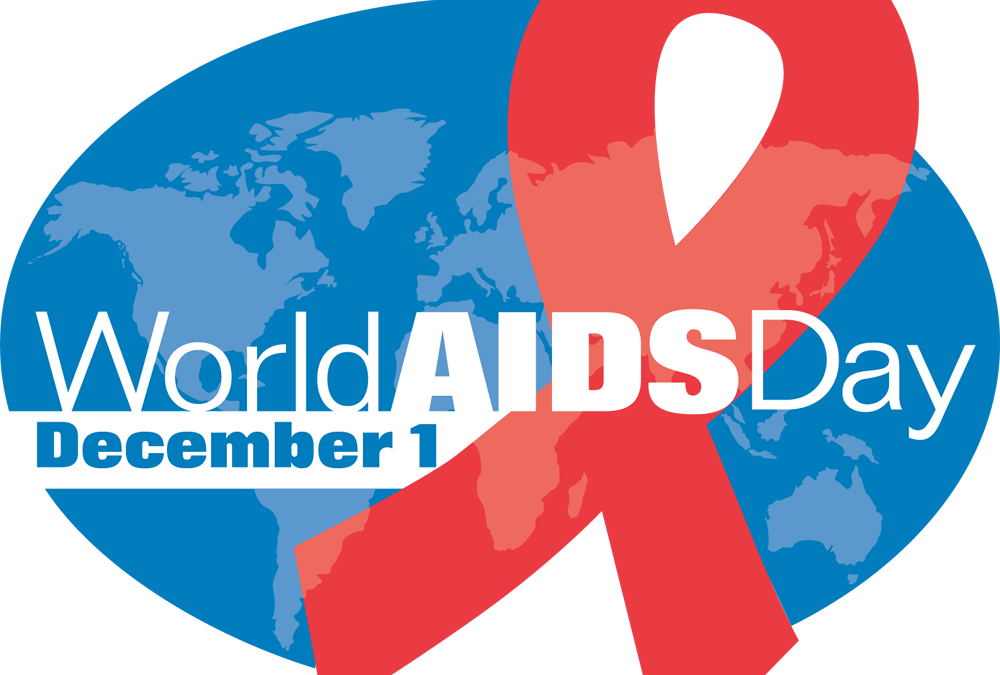By Heshie Zinman and David Griffith
Published in the Philadelphia Gay News
The landscape of HIV has changed a great deal over the past 30 years. Those in our communities who were diagnosed in the 1980s and early 1990s were essentially given a terminal diagnosis and told that their HIV would kill them. Many in our LGBTQ communities, whether HIV-positive or negative, suffered severe losses and tremendous grief as friends and loved ones lost their lives to AIDS.
Yet, many of the people given those terminal diagnoses many decades ago are still alive today and leading long and successful lives. Major medical and scientific advancements have made HIV a manageable chronic condition, far from the terminal illness it once was. As long as you stay in care and adhere to your medications, you can age healthfully with HIV.
In fact, most people living with HIV are now over the age of 50. According to the most recent surveillance data from the Philadelphia Department of Public Health, 52% of people living with HIV/AIDS in Philadelphia are age 50 and over, with an additional 21% between the ages of 40-49.
Aging with HIV does still come with the challenges of increased health concerns, shrinking support networks, elevated rates of isolation and mental health issues, and difficulties navigating a complex healthcare and aging services system. Additionally, older adults who are long-term survivors – those who were diagnosed in the 1980s and early 1990s before the advent of Protease Inhibitors – are oftentimes still dealing with the long-term effects of the trauma and losses that they experienced during the height of the AIDS crisis.
Several professionals in the mental health field have begun to look at the AIDS crisis of the 1980s and 1990s as an environment with the persistent stress and trauma through which someone could develop complex post-traumatic stress disorder (CPTSD), a form of PTSD arising from ongoing and repetitive exposure to trauma. The experience of being given a terminal diagnosis, the extreme losses of friends and loved ones, and the intense stigma against HIV caused many long-term survivors to encounter these traumas and experiences with grief.
These lifetime experiences have caused significant challenges that still face long-term survivors today. Social isolation of older adults living with HIV is extremely high. This isolation can directly lead to several negative consequences on a person’s physical and mental health. We also know that the long-term survivors who made it out of the AIDS crisis are encountering a new wave of losing friends and loved ones to age-related illnesses.
Despite the challenges, there is also great resilience in our communities. LGBT people fought back against government inaction toward HIV, formed organizations to educate our communities, contributed to clinical research, scored legislative changes to better protect people living with HIV, and created social and educational groups to take care of our own.
Now, our communities face the new challenge of helping a generation of people living with HIV to age successfully and to thrive.
In 2018, the LGBT Elder Initiative has prioritized expanding programming to better meet the needs of long-term survivors and older adults living with HIV. Through meetings with clinical researchers, medical professionals, mental health providers, and of course our communities of older adults living with HIV, we have been working to gain a better understanding of the physical and mental health issues facing elders living with HIV.
In 2019, the LGBT Elder Initiative will be debuting discussion groups focused on thriving for older adults living with HIV. There is great knowledge and lived experience within our communities of people living with HIV. Providing outlets for people to share this knowledge and experience can have a great impact in helping older adults living with HIV to thrive as they grow older. Our communities came together in the 80s and 90s to start the fight in AIDS epidemic. We can do it again now to ensure that people living with HIV are able to thrive throughout older adulthood.

